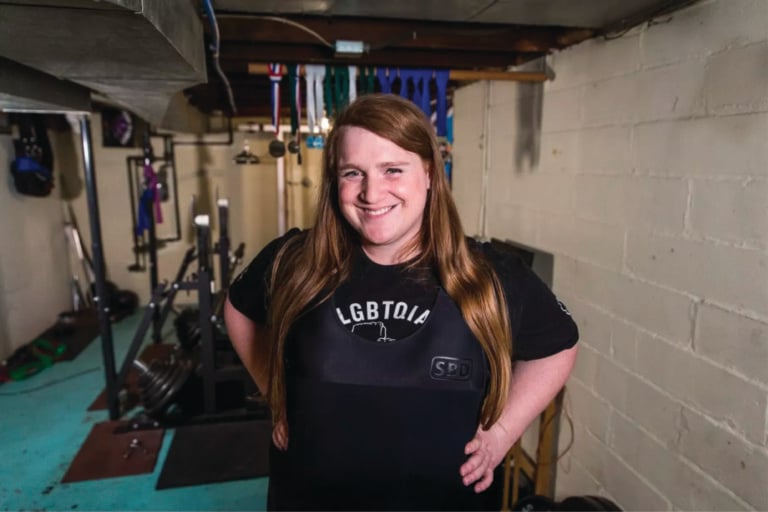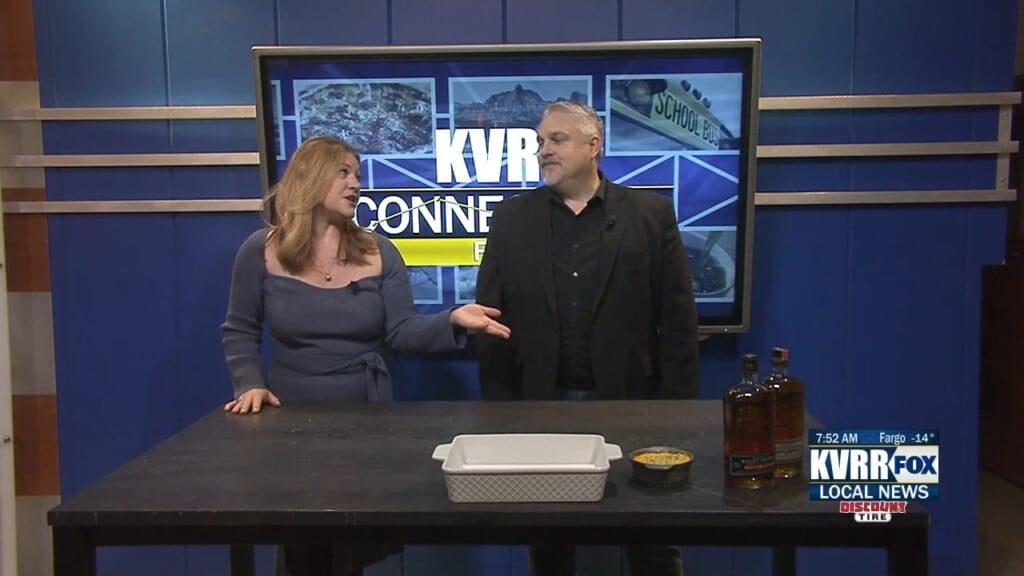Minnesota Supreme Court rules for transgender athlete but sends part of case back to lower court

ST. PAUL, Minn. (Minnesota Reformer) — The Minnesota Supreme Court ruled Wednesday that USA Powerlifting discriminated against a Minnesota transgender athlete by prohibiting transgender women from participating in weightlifting events.
The court, however, sent part of the case back to a lower court to weigh in on whether USA Powerlifting’s discrimination is “reasonably necessary for it to achieve its central mission,” as the law allows.
The court said JayCee Cooper’s human rights were violated when USA Powerlifting refused to let her compete as a woman in two powerlifting competitions in 2018. When Cooper applied to compete in the competition, USA Powerlifting barred transgender women from competing in the women’s division.
Minnesota Supreme Court Chief Justice Natalie Hudson wrote the court’s unanimous decision, which was narrowly tailored around the Minnesota Human Rights Act and its prohibition against discrimination in business and specifically public accommodations.
“We agree with Cooper that USA Powerlifting’s policy is discriminatory on its face; there is therefore no genuine dispute that USA Powerlifting discriminated against Cooper because of her transgender status,” Hudson wrote.
The ruling means that places of public accommodation must avoid discrimination against transgender people.
But the Minnesota Human Rights Act has an exemption for businesses that show that a “discriminatory policy is reasonably necessary for it to achieve its central mission and there are no reasonable alternatives.”
The justices said that USA Powerlifting argued successfully that it could have a legitimate business reason and left the door open to future challenges on that question.
USA Powerlifting attorney Ansis Viksnins told the Associated Press that the ruling means the organization can argue to a jury “why excluding a transgender woman from competing in the women’s division was for legitimate reasons, for maintaining fairness in athletics.”
USA Powerlifting said its transgender policy is necessary to uphold the fairness of weightlifting competitions, as transgender women powerlifters have “increased body and muscle mass, bone density, bone structure and connective tissues.” Therefore, the policy is necessary for their business, USA Powerlifting argued, because their members must have confidence in the integrity of the competition.
The justices sent the question back to the Ramsey County District Court for further consideration.
Gender Justice, which helped represent Cooper, said that the public accommodations ruling was a major win for their client.
“This ruling sends a clear and powerful message: transgender people have a right to enjoy public spaces in Minnesota like sporting events, restaurants and movie theaters, free from targeted discrimination,” Jess Braverman, legal director at Gender Justice, said in a statement. “This decision is a historic victory for fairness, equity, and the fundamental rights of all Minnesotans.”
Wednesday’s ruling arrived in a fraught political climate for transgender Americans and athletes, as President Donald Trump signed an executive order barring transgender athletes from participating in girls’ and women’s sports, as well other anti-trans executive orders.
Minnesota is also under scrutiny for its transgender athlete policies in education, as the feds last month found Minnesota in violation of Title IX. Wednesday’s ruling doesn’t apply to school sports, as the Minnesota Supreme Court issued a ruling based on public accommodations, not Title IX.
Republicans in Minnesota quickly denounced the Supreme Court’s ruling.
“This issue is ultimately about safety and fairness, and Minnesotans overwhelmingly agree that their daughters and granddaughters should not be forced to compete against boys,” House Speaker Lisa Demuth, R-Cold Spring, said in a statement.
(Story written by Michelle Griffith – Minnesota Reformer)






